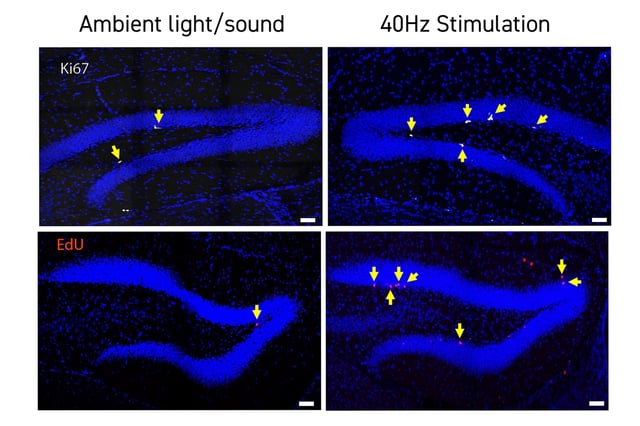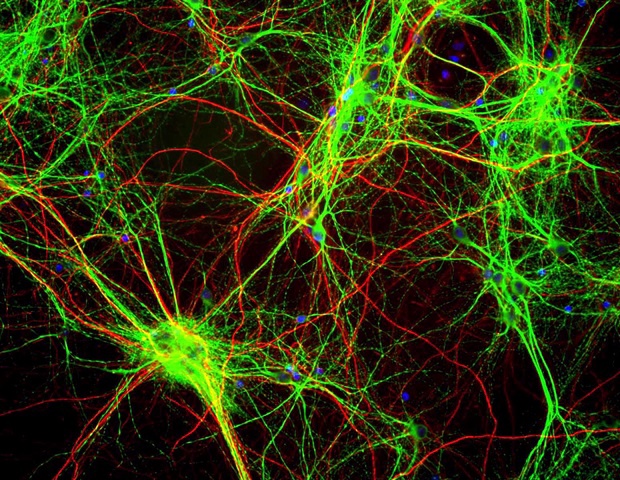Overview
- The GENUS method uses 40Hz light and sound stimulation to synchronize brain activity and restore cognitive function.
- Preclinical trials in Ts65Dn mice demonstrated improved short-term memory, increased neurogenesis, and higher synaptic density in the hippocampus.
- The study also linked GENUS stimulation to partial restoration of TCF4 expression and preservation of Reelin-expressing neurons, key for synaptic plasticity and cognitive resilience.
- This is the first research to directly connect gamma frequency stimulation with enhanced neurogenesis in a neurodevelopmental disorder model.
- MIT researchers have initiated early-phase human trials to evaluate the safety and efficacy of GENUS in people with Down syndrome, marking a significant step toward clinical application.

